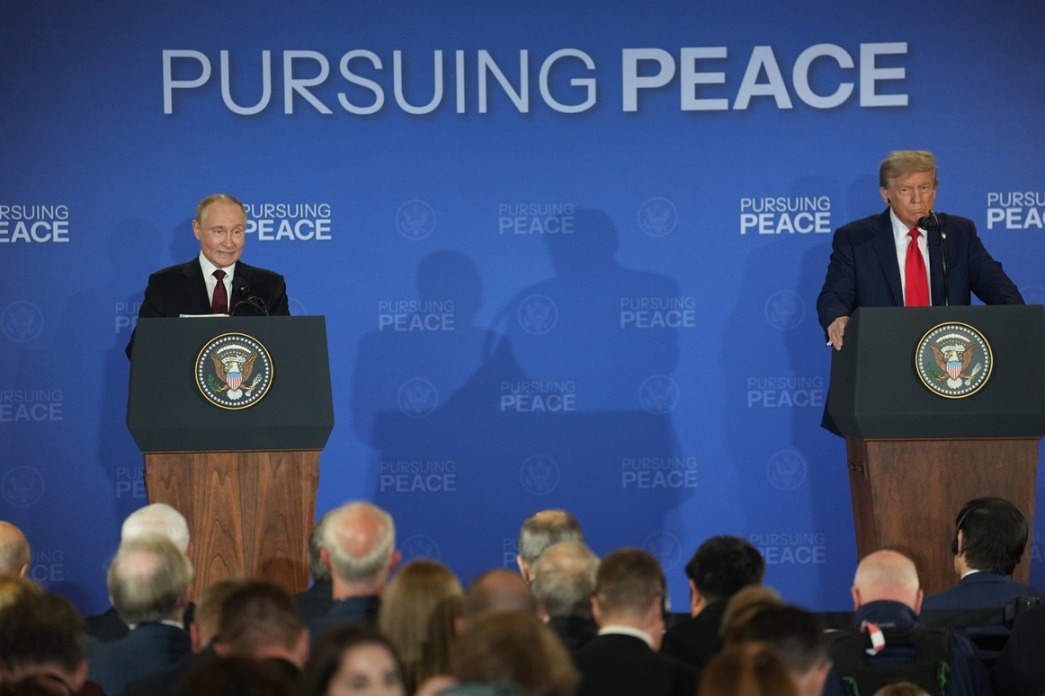America turns chip trade into a surveillance game


For months, some US lawmakers have been pushing for installing "hardware kill switches" and mandatory tracking devices in AI chips through legislation such as the so-called Chip Security Act.
The bill would force manufacturers to embed location trackers in chips to monitor their international movements and potentially allow remote disabling without user consent.
In other words, Washington is weighing turning commercial hardware into a tool for surveillance and control.
Recently, China's cyberspace regulator summoned US tech giant Nvidia over security risks concerning its H20 AI chip sold to China. The company was asked to give explanations and submit relevant proof materials on this issue.
Many US tech experts warned against the idea of installing hardware "kill switches" and mandatory tracking devices in AI chips.
Even David Reber Jr., chief security officer of NVIDIA, described it as "an open invitation for disaster."
His post was blunt, "It's like buying a car where the dealership keeps a remote control for the parking brake -- just in case they decide you shouldn't be driving. That's not sound policy."
However, Washington's political instinct is to ignore such warnings and press ahead. Some US politicians wrap these controls in the rhetoric of "security," but in reality, they are transforming commercial hardware into government-controlled surveillance devices.
In the Hollywood blockbuster The Matrix, machines lulled humans into believing that they were free while secretly monitoring their every thought. Washington's blatant demand for embedding security controls in US AI chips is the real-world sequel: the facade is free trade, but surveillance is built in.
This is no isolated episode. Reports said early this week that Washington has covertly embedded location-tracking devices in targeted shipments of advanced chips deemed at high risk of diversion to China. In one 2024 case, a shipment of Dell servers with Nvidia chips contained both large trackers on the shipping boxes and smaller, more discreet devices hidden inside the packaging -- and even within the servers themselves.
Such tactics reflect the instincts of a surveillance empire. While accusing others of spying, Washington runs the world's most sprawling intelligence apparatus. Steeped in Cold War paranoia, some American politicians see trade not as a channel for mutual exchange, but as another theater for covert operations.
Trade flourishes on transparency and the mutual recognition of shared benefits. Instead of competing openly, Washington casts trading partners as rivals to be tripped up or taken down. The result is the corrosion of transparency, trust and global technology cooperation, outcomes Washington then cynically blames on others. And it may backfire: if US chips are seen as Trojan horses for surveillance, customers will look elsewhere.
China, by contrast, is pushing forward with indigenous innovation while remaining open to global cooperation. It has shown readiness to resume orderly imports, address genuine security issues through dialogue, and participate in global AI governance initiatives.
This approach recognizes that technological progress thrives in an environment of trust and predictability. By fostering a level playing field and keeping communication channels open, China aims to ensure that AI and other emerging technologies are developed for the benefit of the world, not just one country.
In an era when some see technology as a zero-sum weapon, China's message is clear: cooperation beats confrontation, and shared innovation is the surest path to shared security.
If the United States truly believes in leadership through innovation, it must abandon the notion that dominance comes from domination. The world does not need an empire of surveillance -- it needs responsible players who can win in the open.

































